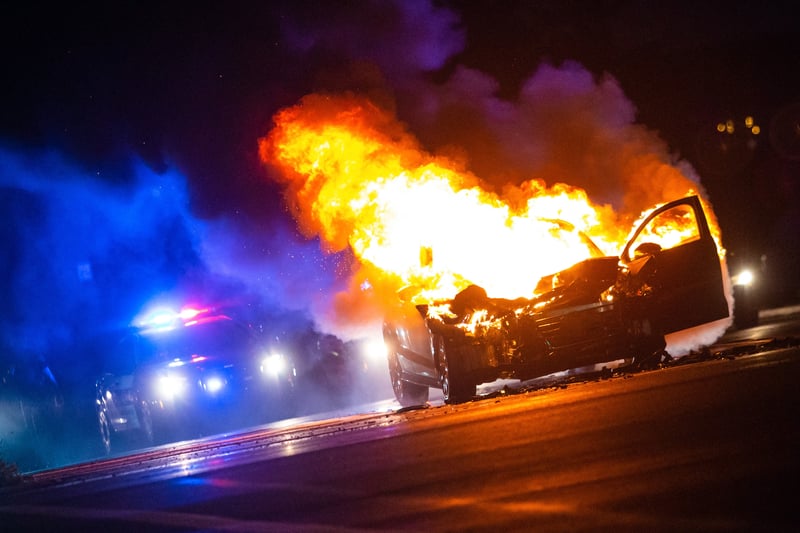TRENTON, NJ – With the onslaught of electric vehicles hitting the highways across New Jersey, lawmakers say local firefighters and EMTs are not undertrained when it comes to responding to emergencies involving those vehicles. Those fires pose new and dangerous risks to firefighters who are not trained in fighting fires that involve lithium-ion batteries.
Those fires burn hotter, require more water and are prone to secondary flare-ups after the flames have been extinguished, according to a report by the National Fire Protection Association.
This bill requires emergency medical technicians and firefighters within the State to be trained on the risks associated with electric vehicles and in the safe and effective management of electric vehicle fires.
“In each of the six full-scale burn tests, firefighters at the test site found that they needed to flow large amounts of water on the batteries because fire kept flaring up even after it appeared to be extinguished. In one test, a battery fire reignited 22 hours after it was thought to be extinguished,” the NFPA said.
A bill introduced in New Jersey by Senator Ed Durr seeks to have New Jersey firefighters and EMT trained to work in the “New” New Jersey that aims at a 100% electric vehicle future.
“Under this bill, the Division of Fire Safety, in consultation with the New Jersey Fire and Emergency Medical Services Institute, will adopt a training course for firefighters. The Commissioner of Health, in consultation with the Commissioner of Human Services, the New Jersey Fire and Emergency Medical Services Institute, and the New Jersey State First Aid Council, will adopt a training course for emergency medical technicians,” the bill reads. “For the last 20 years, there has been increased interest in and use of electric vehicles. While the risk of an electric vehicle fire is low, managing an electric vehicle fire requires specialized training since a lithium-ion battery can burn hotter and for a longer period of time than a gasoline engine.”
